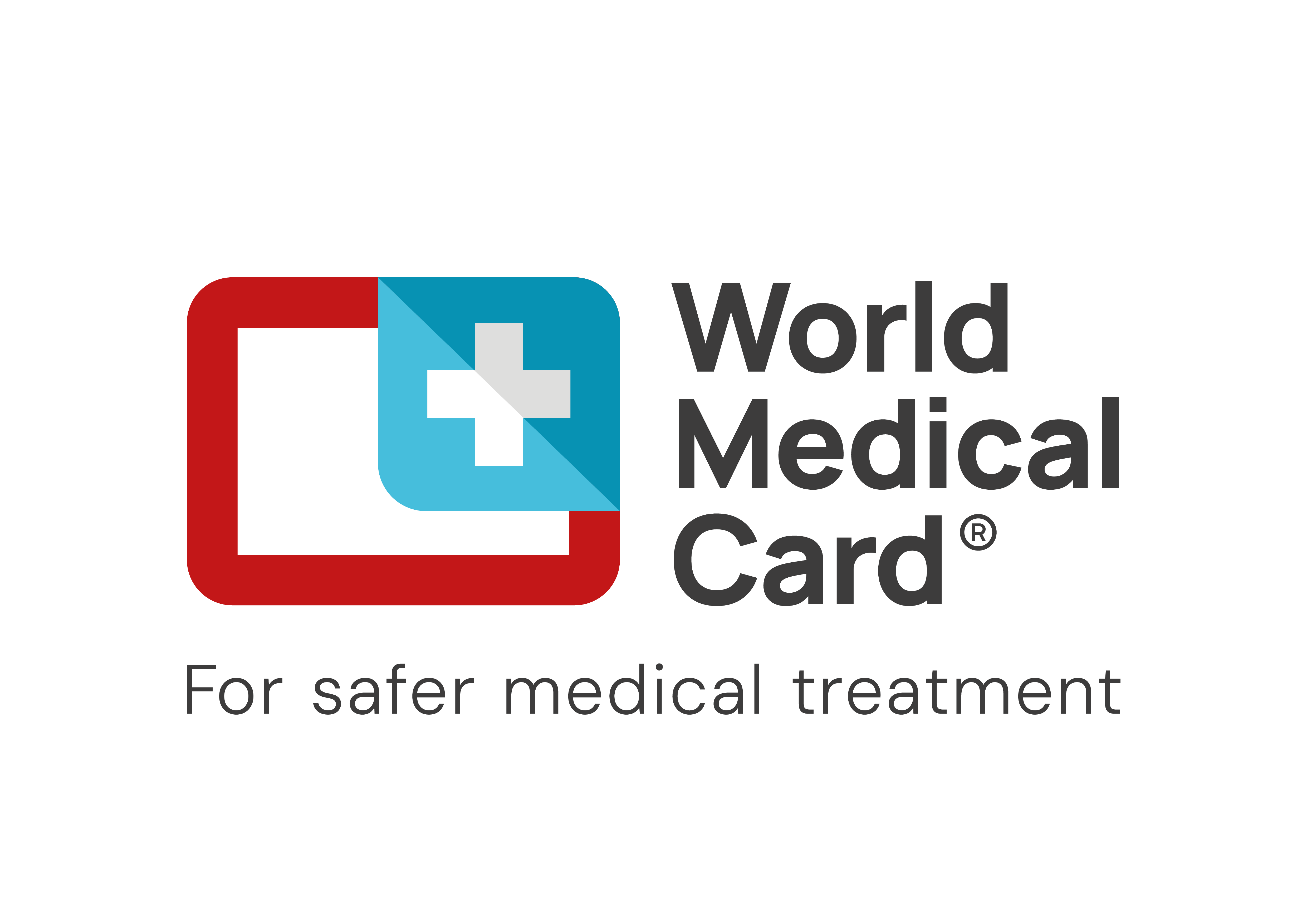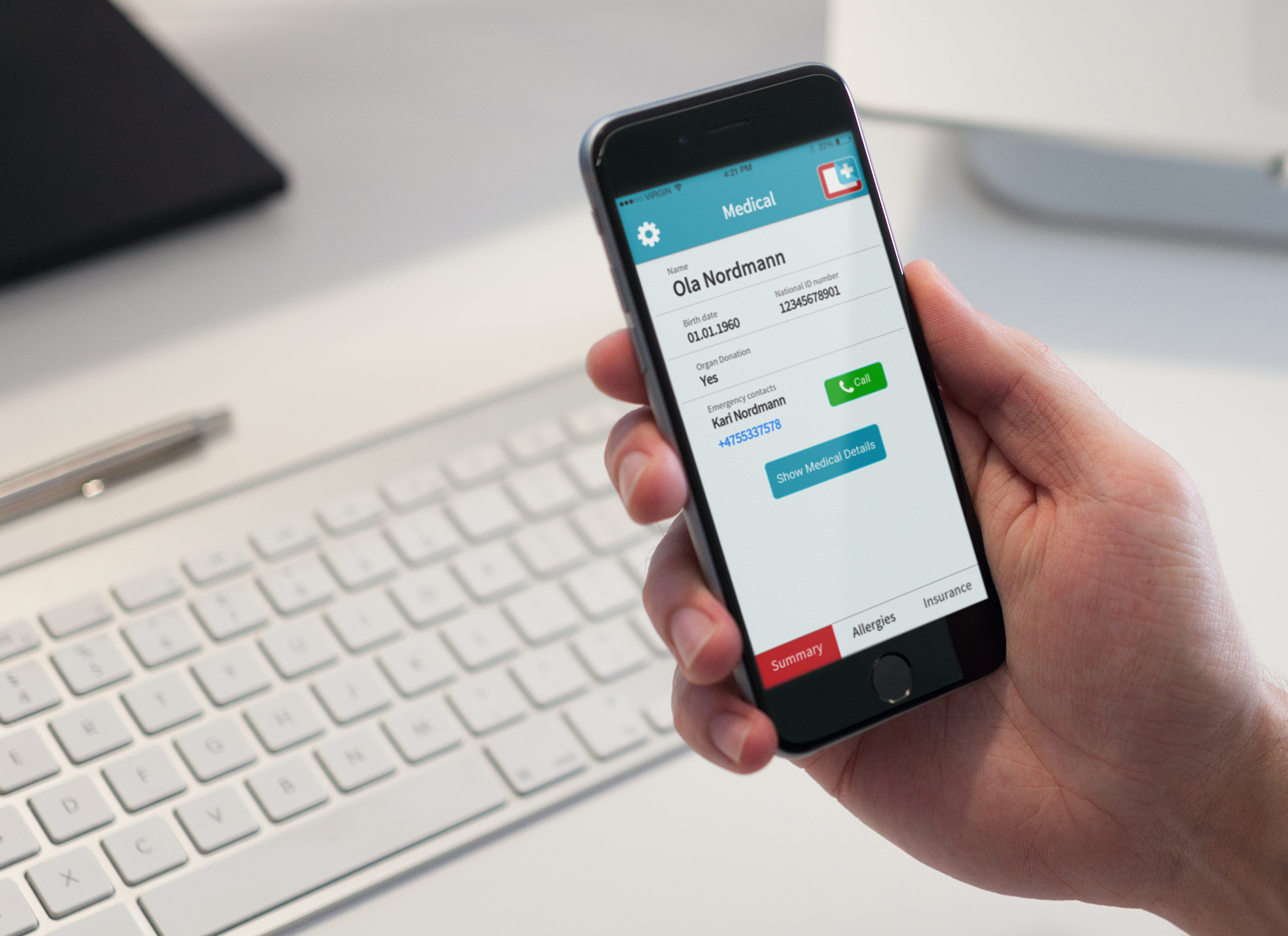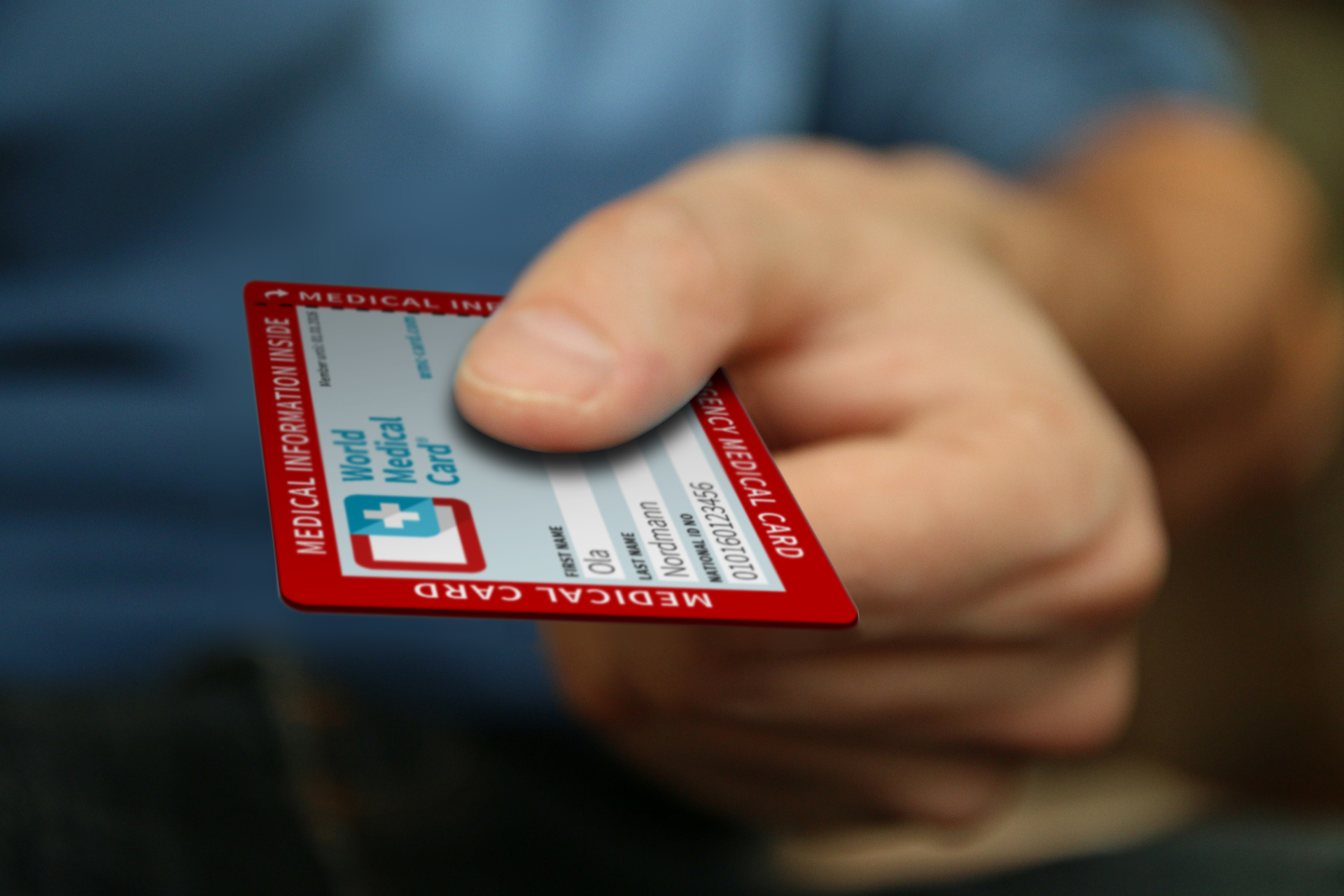
Senior travellers or silver travellers have seen it all—almost all. They’ve probably visited more countries than those in their thirties, and they’re more experienced and, therefore, more discerning. Many travellers over 50 have extensive travel experience, leading to more refined tastes and a higher demand for quality.
Senior travellers prioritise comfort, relaxation, and personalised experiences. That doesn’t mean they’re not adventurous! They’re trekking, skiing, running marathons, hiking, rock climbing, motorbiking, and paragliding, and the world is, quite literally, their oyster. The over-50s traveller wants value for money, but they’re likelier to spend more than their younger, more cautious counterparts.
Health and accessibility are more important to the silver traveller. Some may have specific health concerns, therefore, their holiday need to offer more. Cruises are popular for those who want convenience, accessibility, and a wide range of onboard amenities. Culture trips are high on the agenda for many travellers over 50, focusing on exploring historical sites, museums, and local traditions. History and culture are ideal motivations for many holiday bookings when party life is no longer a top priority. Adventure travel is also high on the senior traveller’s list. We speak to marathon runners, motorbikers, rock climbers and snowboarders who couldn’t find anything more boring than two weeks on the beach. Senior travellers are as eclectic as the destinations they choose to visit.
Over-50s travellers may be more adventurous, discerning, and seeking higher quality on their holidays, but they also have a few more considerations to think about, specifically when it comes to health.
Travel insurance, essential for covering medical emergencies and trip interruptions for any age traveller, will likely be higher for silver travellers than their younger counterparts. In the same vein, anyone over 50 is more likely to have medical considerations to keep in mind when planning a holiday. Medicines, prescriptions, surgeries, implants, vaccines, allergies, X-rays or hospital records, photos of non-prescription medications and diagnoses may need to travel with them, so what’s the best way to have that information at your fingertips?
The solution is the World Medical Card, a physical card and app allowing professionals and first responders to access your medical history should an emergency arise. Members receive faster and more accurate treatment with their medical information handy.
The World Medical Card is developed using the World Health Organization’s global standards codes (ICD-11 and ATC), which ensures that health professionals and pharmaceutical personnel globally understand your condition and requirements.
The App
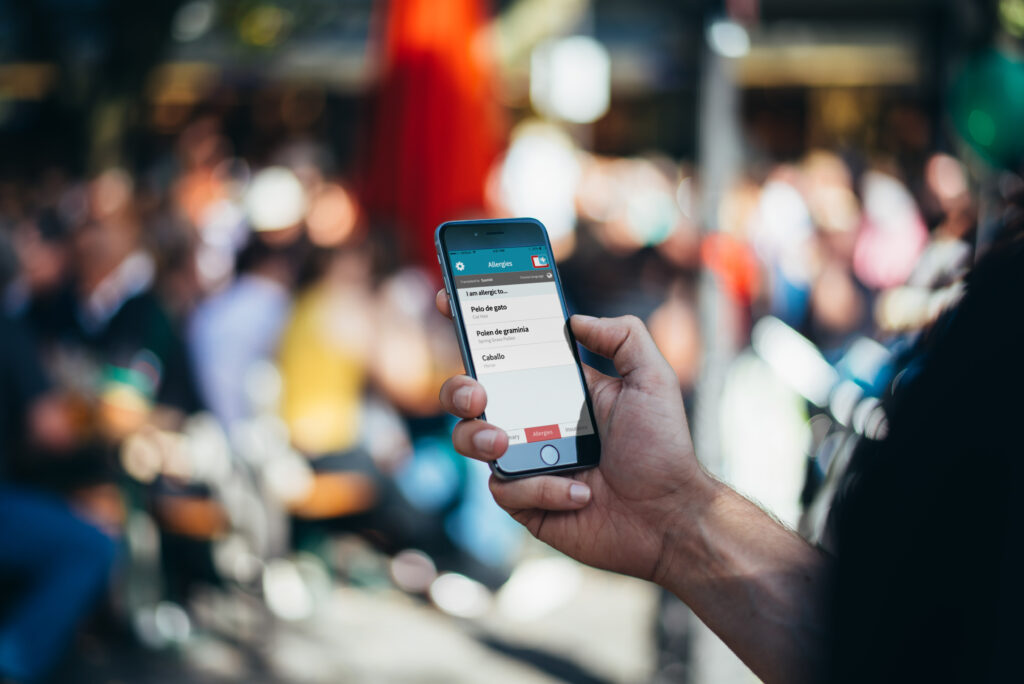
The secure app allows members to have their own personal profile, which can be accessed via the phone or web browser. We encrypt all data to make it secure, but we also make it easy for you to share with loved ones or medical personnel by adding contact information and emergency buttons to relatives.
The app can translate your medical information into 135 languages if needed. In non-emergency situations, it can also help you locate doctors, hospitals, and pharmacies wherever you are.
You can share your profile with relatives, travel partners or others you trust so that they can provide you with a first line of support.
The Card
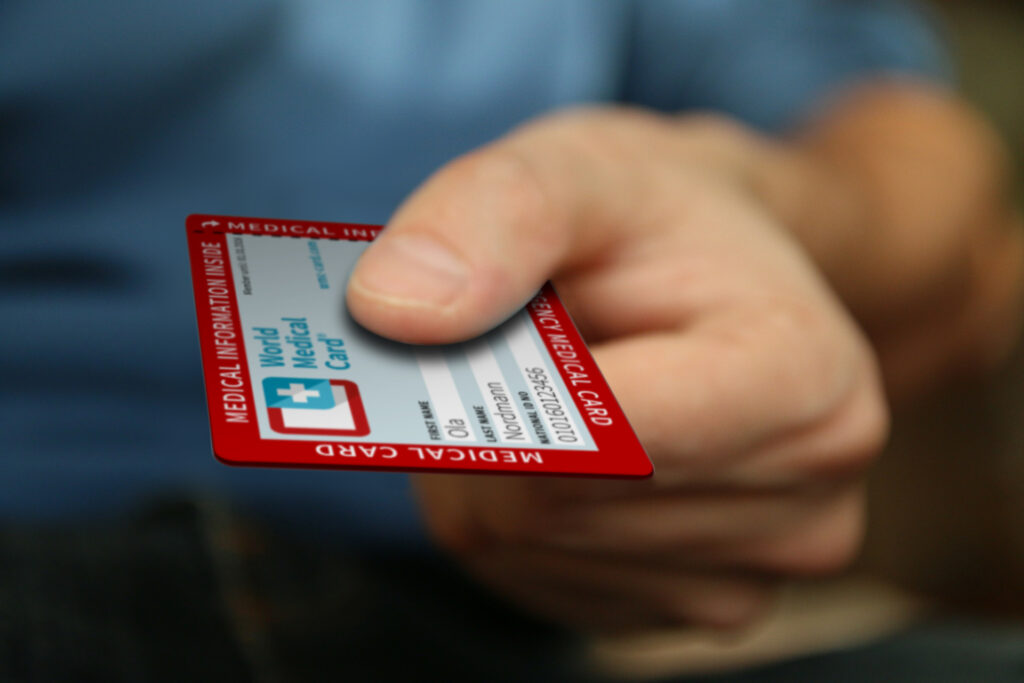
When you sign up, we will also send you your unique World Medical Card, which will contain all your medical information sealed inside.
In an emergency where power or the internet is unavailable, a medical professional can obtain your card and access your medical history to ensure speedy and accurate treatment.
Your medical alert card has a unique password for emergency access to your profile to avoid misunderstandings about your health and achieve fast and correct medical treatment.
At World Medical Card, we want to end unnecessary delays in medical treatment and inaccurate diagnoses abroad. No matter how old, we want everyone to be prepared for the unexpected and travel confidently.
